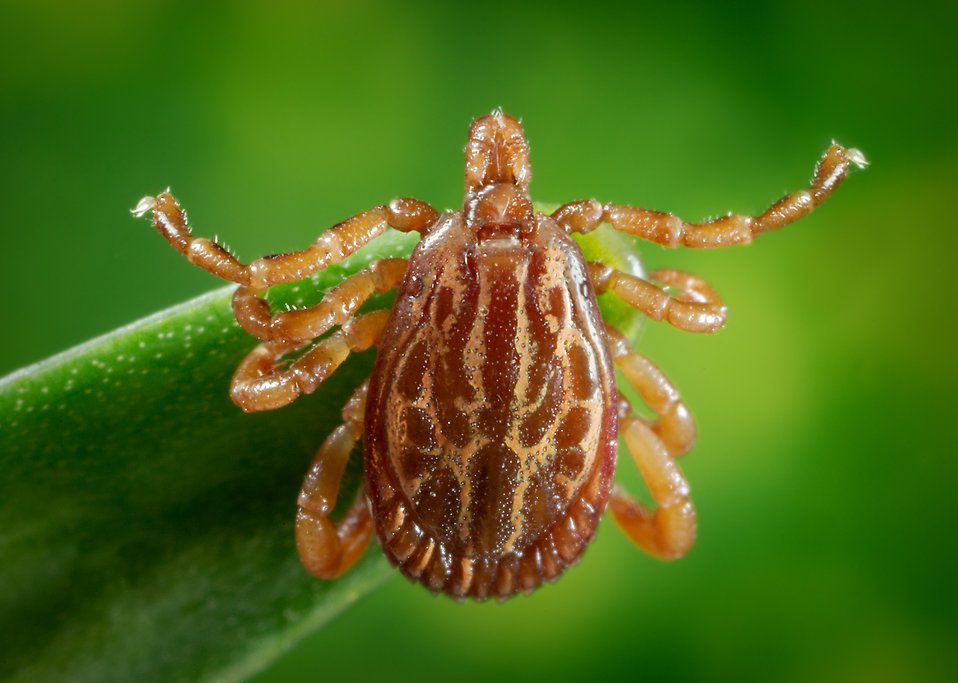It is that time of year again!
Flea and tick season is here. At least what we think is flea and tick season. Did you know that your Chihuahua can get fleas and ticks even in the cold winter months? Most people don’t. It is reported by the pet industry that fleas and tick preventative sales drop significantly during the winter and colder months of the year.
How fleas and ticks survive the Winter
However, all fleas and ticks still have a way of surviving freezing conditions in several ways. They can be very crafty little buggers!

It is true that fleas and ticks thrive in warm weather. Especially when it’s warm and humid. And it is true that they can not live when temperatures are cold. But that doesn’t stop them from getting to your Chihuahua
Ticks
Did you know that some species of tick are most active in the winter? It’s true. Black-legged ticks, which carry Lyme disease, remain active as long as the temperature is above freezing.
Fleas don’t hibernate or enter a dormant stage, but ticks do! A ticks primary way of surviving the whole winter through is by going dormant on a host or under brush.
Fleas
A flea’s way of surviving the winter is to seek warmth in shelters or hosts — like inside your home or on your Chihuahua!
Thanks to our modern way of living fleas have figured out a way to survive the winter. Chihuahuas are absolutely indoor dogs. They may go out to potty, but they live indoors — with you. Our warm homes with central heating provide the perfect warm and humid environment that fleas thrive on.

Fleas will attach themselves to a warm host — your Chihuahua — and then is carried into your home. A flea on your Chihuahua will drop off — onto your Chihuahua’s bed, in the carpet or even — gasp! — in your bed when you let them sleep with you. Then they lay eggs. They can lay 40 to 50 eggs a day and can hatch in about two weeks.
Those eggs become adults and then they lay eggs ….. you see where I’m going with this? You could have a full-blown infestation of fleas in your home in the winter! And don’t forget, even though they prefer dogs and cats with fur, any warm-blooded host will do. That means you can also get fleas.
Protect your Chihuahua and your home all year long
The best way to prevent all that is to be sure that your Chihuahua is protected from fleas and ticks all year round. I have some recommendations for the best products on the market.
Natural Products
To protect your Chihuahua I prefer natural non-toxic means. If you do also, there are several that work really well. There are squeeze on and essential oils, shampoos, and sprays, powders, tags and collars, You can find them all HERE.
Traditional Products
If you are a more traditional pet parent there are also a number of flea and tick preventatives on the market. There are topicals, oral treatments, collars, and shampoos & dips.
I once wrote a post about the dangers of commercial flea and tick products, and since then I’ve looked for natural alternatives to protect my dogs. So, when Only Natural Pet asked me to review their EasyDefense Natural Flea & Tick Control Kits, I was happy to accommodate.
WHAT YOU SHOULD KNOW BEFORE YOU BUY:
Do not use the Herbal Oil Blend on cats. It is recommended for dogs only. Cats are very sensitive to concentrated forms of essential oils.
If you already have a flea infestation you will have to be more aggressive and buy products that kill eggs as well as adults. Some bedding and dog beds will need to be washed thoroughly and/or even thrown away and replaced.


